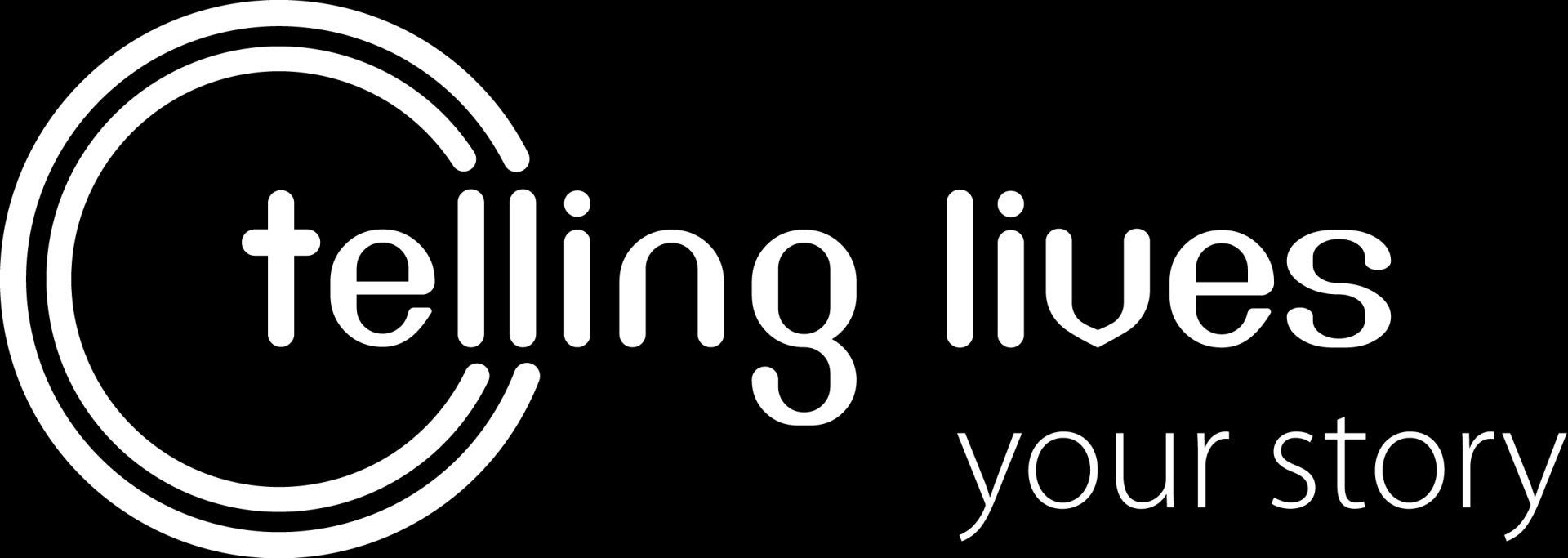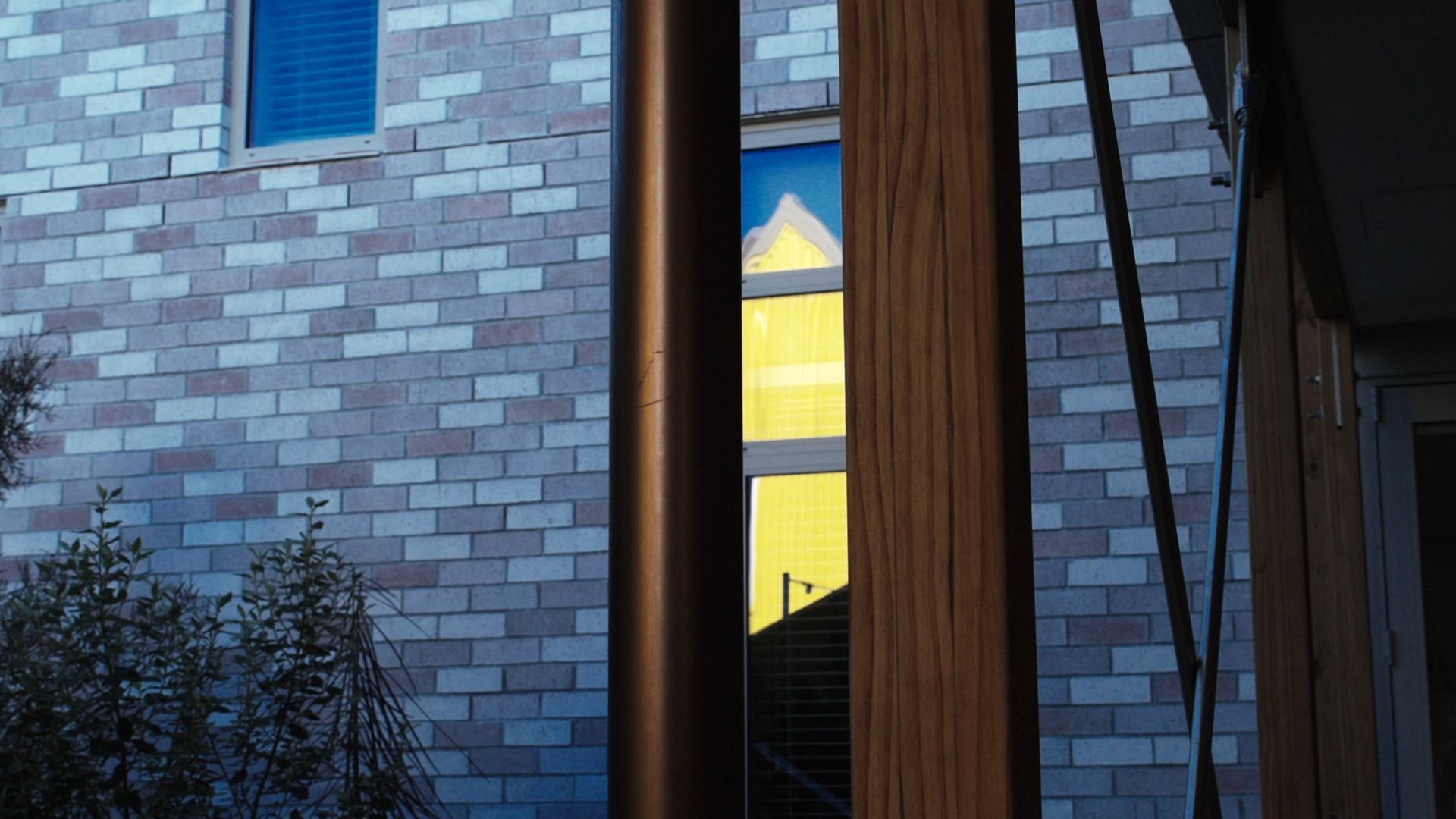Why the Charter for Compassion?
April 30, 2018
Criticism and conflict diminish and destroy
OPINION- JOHN SELLWOOD.
Criticism and conflict have been my stock in trade for much of my working life. Whether I'm an innately critical person or simply became one during my years as a journalist I'm unsure, but somewhere along the way I abandoned the golden rule 'do to others as you would have them do to you'. Instead arguments had to be won, perceived unfairness had to be battled, and a fragile ego demanded that I assert my own truth above all others. The world became polarised both personally and professionally.
I've allowed my fight or flight response and the narrative of conflict to overwhelm any hope of compassion. So much hurt to others, so much damage to myself; and all this in the name of trying to do the right thing while shielding myself from the pain of self doubt and self criticism.
I cannot undo what is done, but perhaps I can take small steps along the path towards becoming a better person by acknowledging that compassion is more than religious or philosophical concept - it is a way of life. And so each day, in some small way, I will try to behave with greater compassion. I will work to make compassion something tangible in my life not just a desirable aspiration.
Step one is signing up to the Charter of Compassion
and learning from others who've made this journey their own. Yes, that is the easy bit! The hard bit will be putting my words into action. A stoic knows he might die at any moment and if so I would rather it was with love in my heart not rage and frustration.
ps. To my friends and past colleagues if I've ever hurt you, or failed to hear you, or responded with anger rather than compassion I'm sorry. An apology doesn't really cut it, but perhaps my slow transformation to becoming a more compassionate individual will.


